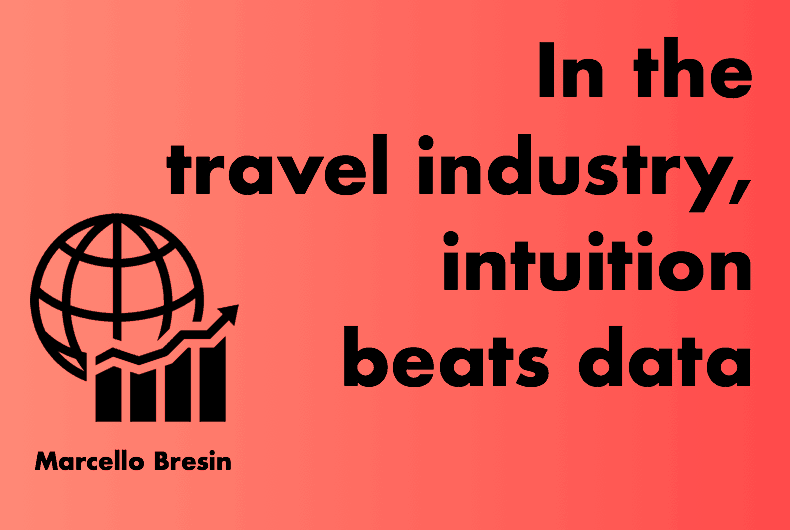In past articles, I’ve been offering telltales about managers and business owners who systematically ignored whatever data told them. And the grim results that decision (or lack of it) brought to their companies. Their stance was understandable, though, because those episodes refer to a time where “data-driven”, “business intelligence” and “analytics” were largely unknown terms in our environment. But in the past couple of years, I am observing an equally interesting (and destructive) trend. Which is decision makers opting to get and put in place BI tools (even data science teams!), only to dismiss their data-based outcomes.
Find a sample here >>
Some of these stakeholders would show off at trade fairs, elevating their profiles though abundant use of tech buzzwords. Others would trust their IT staff (which usually know close to nothing about business, and as much as their employers about BI), spending a fat check on something nobody can milk off.
When it comes to put to use their data products, those decision makers would follow hunches, rather than rational, fact-based resolutions.
The identikit of such gut-driven decision makers is quite obvious: usually old-school, self-made, non-analytical persons. I learn to identify such persons with a simple test: presenting them a graphic or two with their own data, visualised on a different way from their usual reporting. Depending on their reaction to the test, I will know if the war is over. They made it all this way without any help from bloody data, didn’t they? I get it, time to give up. Under no circumstances they’ll accept suggestions from a computer.
Please note I am not criticising here, especially people who actually made it on their own, by pure guts (mental or not). They have all my admiration and respect. But their brainwork and decision process roots on feelings, they made up their minds long before data was served. Since I know no way to eradicate that deep ingrained habit, I’d rather throw the towel and wave goodbye, with my sincere best wishes.
Then there’s the middle (aged?) batch, those who recognise the need for data-driven decisions, and act upon that recognition. Yet, they tend to use data only to confirm their hunches. I confess I was one of these characters when I owned a tour operator. This is known as confirmation bias, and it sucks, unless we’re talking about love interests here. It’s probably worse than ignoring data insights! At enterprise level, where analysts and data scientist are brought in to solve business problems, the issue would spread exponentially. Either the specialists shape findings to please the big boss’ ideas (consciously or not), or they iterate the analysis ad infinitum, offering as much solutions and interpretations as members the data team has, squared.
The next generations of managers are being taught at universities the absolute need for data decision processing and the relevant skills, so for a while we will witness interesting company-wide clashes between young hotshot and old farts. Until one day, the decision-taking process will be entirely left to a collection of neural network algorithms (or whatever technology will be available then). So managers will be able to focus on what they do best: complain, delay payments and play office golf.
Be aware though, that there are already industries (finance and insurance, for instance) successfully working with those artificial neural networks, and other things we backward travel traders might see as science fiction. Except airlines -and to some extent, hotels- we only spend in innovation when our competitors are benefitting from it, not before. Apparently, we have a high degree of risk aversion on our DNA… if only we knew that risk management can also be automatised through data-driven processes!
Thanks for reading
Marcello Bresin
